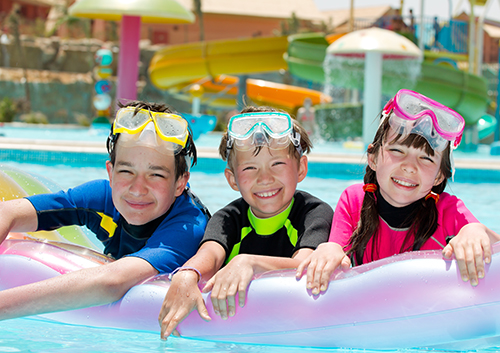How long will a root canal last?
July 22nd, 2021

According to the American Association of Endodontists, root canals have a success rate of over 95% and in most cases they last a lifetime.
There are a few factors that ensure the root canal will last and should be followed.
- You want to make sure you allow Dr. Michelle Slezewski and Dr. Paul Engibous to perform a permanent restoration of the tooth. That means getting the filling and the crown immediately after the canals have been cleaned of all bacteria and debris.
- Practice good oral hygiene; that means brushing and flossing at least three times a day especially after meals and before bed.
- Just because a tooth has had a root canal that does not mean the tooth is safe for as long as it remains in your mouth. That tooth can still get a cavity. Since the nerves are no longer present in that tooth you will not feel any pain or experience any other signs of a cavity. That’s why it is important to get regular cleanings and checkups.
- If the tooth becomes fractured or you develop an abscess, you will feel pain and know there is a problem with the tooth.
Why do root canals fail?
As mentioned above, only about five percent of root canals fail, and sometimes it is not actually a “failure.” In cases, of teeth that have more than one root, it is possible that only one root was infected and filled. If the remaining root(s) become infected in the future, they will also need a root canal performed on them.
There are a few other reasons why your root canal may fail:
- The first reason is you may not have taken good care of your tooth (teeth). This is commonly seen in children and teens who often have inconsistent oral hygiene habits.
- If the tooth has more than one root, and one of the roots has a minute infection that is undetectable and goes unnoticed it can cause the root canal to fail. While this scenario is very unlikely, it does occasionally happen.
- Over time, the seal can become weak and bacteria can enter the tooth. This is also very uncommon but it does happen.
No procedure dental or medical comes with a 100% guarantee to last a lifetime, but if you take care of your treated tooth, the chances of success are great.
If you have any additional questions about root canals and your oral health, be sure to ask a member of our team at our Anchorage, AK office.



